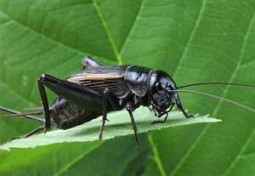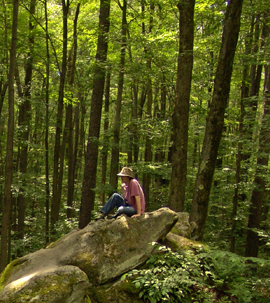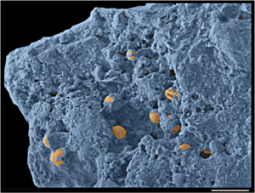 Microbial communities are all around us: in our homes, gardens, oceans, even deep underground but their roles in the function of the biosphere are poorly understood. Today Beth spoke with Professor Noah Fierer, at the University of Colorado, in Boulder, who uses DNA to identify microbes in communities ranging from insect microbiomes to Antarctic soils. He has discovered lots of previously unknown bacteria, viruses, and other microscopic critters which are everywhere, eat everything, and perform surprising roles in ecosystems ranging from our guts to Antarctic soils. You can see more at the Fierer Lab website. And check out the New Yorker article on shower heads. With this episode we resume our series on Our Microbes, Ourselves.
Microbial communities are all around us: in our homes, gardens, oceans, even deep underground but their roles in the function of the biosphere are poorly understood. Today Beth spoke with Professor Noah Fierer, at the University of Colorado, in Boulder, who uses DNA to identify microbes in communities ranging from insect microbiomes to Antarctic soils. He has discovered lots of previously unknown bacteria, viruses, and other microscopic critters which are everywhere, eat everything, and perform surprising roles in ecosystems ranging from our guts to Antarctic soils. You can see more at the Fierer Lab website. And check out the New Yorker article on shower heads. With this episode we resume our series on Our Microbes, Ourselves.
Hosts: Beth Bennett & Chip Grandits
Producer: Beth Bennett
Engineer: Chip Grandits
Executive Producer: Beth Bennett
Listen to the show:
Podcast: Play in new window | Download (Duration: 26:21 — 24.1MB)
Subscribe: RSS

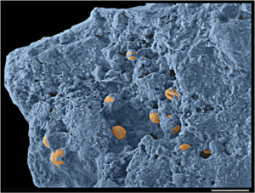




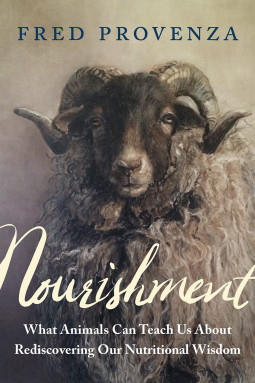
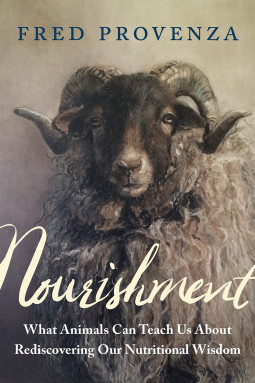 Animal scientists have long considered domestic livestock to be too dumb to know how to eat right, but the lifetime research of animal behaviorist Fred Provenza and his colleagues has debunked this myth. Their work shows that when given a choice of natural foods, livestock have an astoundingly refined palate. Like these animals, humans too, have an innate ability to determine what nutrients they need, but we are losing the information from our foods that allow us to make this determination. To view the book, go to: https://chelseagreen.biz/product/nourishment/
Animal scientists have long considered domestic livestock to be too dumb to know how to eat right, but the lifetime research of animal behaviorist Fred Provenza and his colleagues has debunked this myth. Their work shows that when given a choice of natural foods, livestock have an astoundingly refined palate. Like these animals, humans too, have an innate ability to determine what nutrients they need, but we are losing the information from our foods that allow us to make this determination. To view the book, go to: https://chelseagreen.biz/product/nourishment/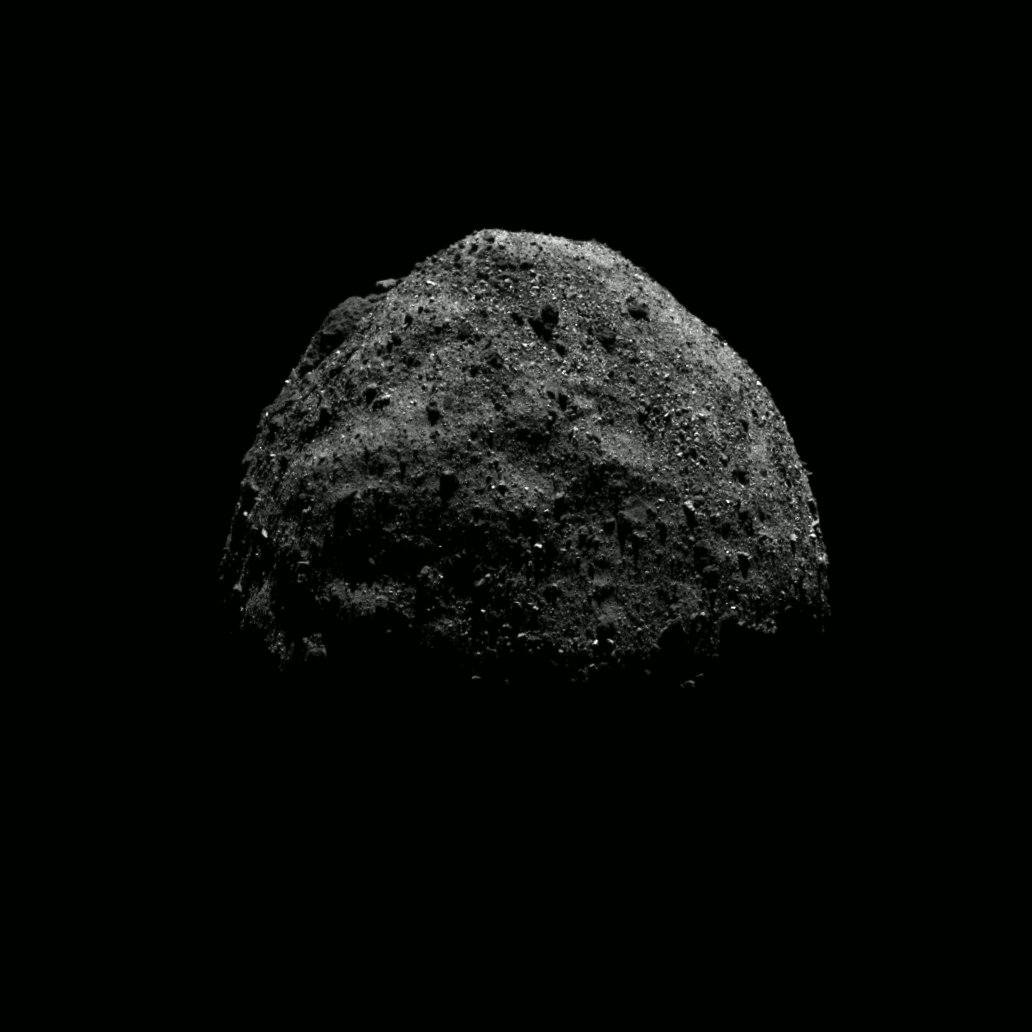
 n today’s first feature, we hear about
n today’s first feature, we hear about 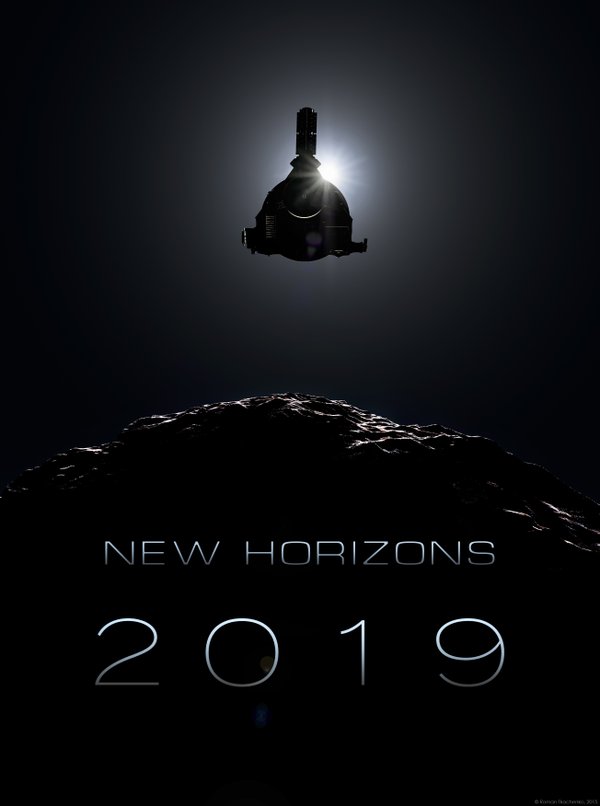 Our second spacey feature is about a mission that you might describe as exploring “beyond the beyond”. The piano-sized, nuclear-powered
Our second spacey feature is about a mission that you might describe as exploring “beyond the beyond”. The piano-sized, nuclear-powered 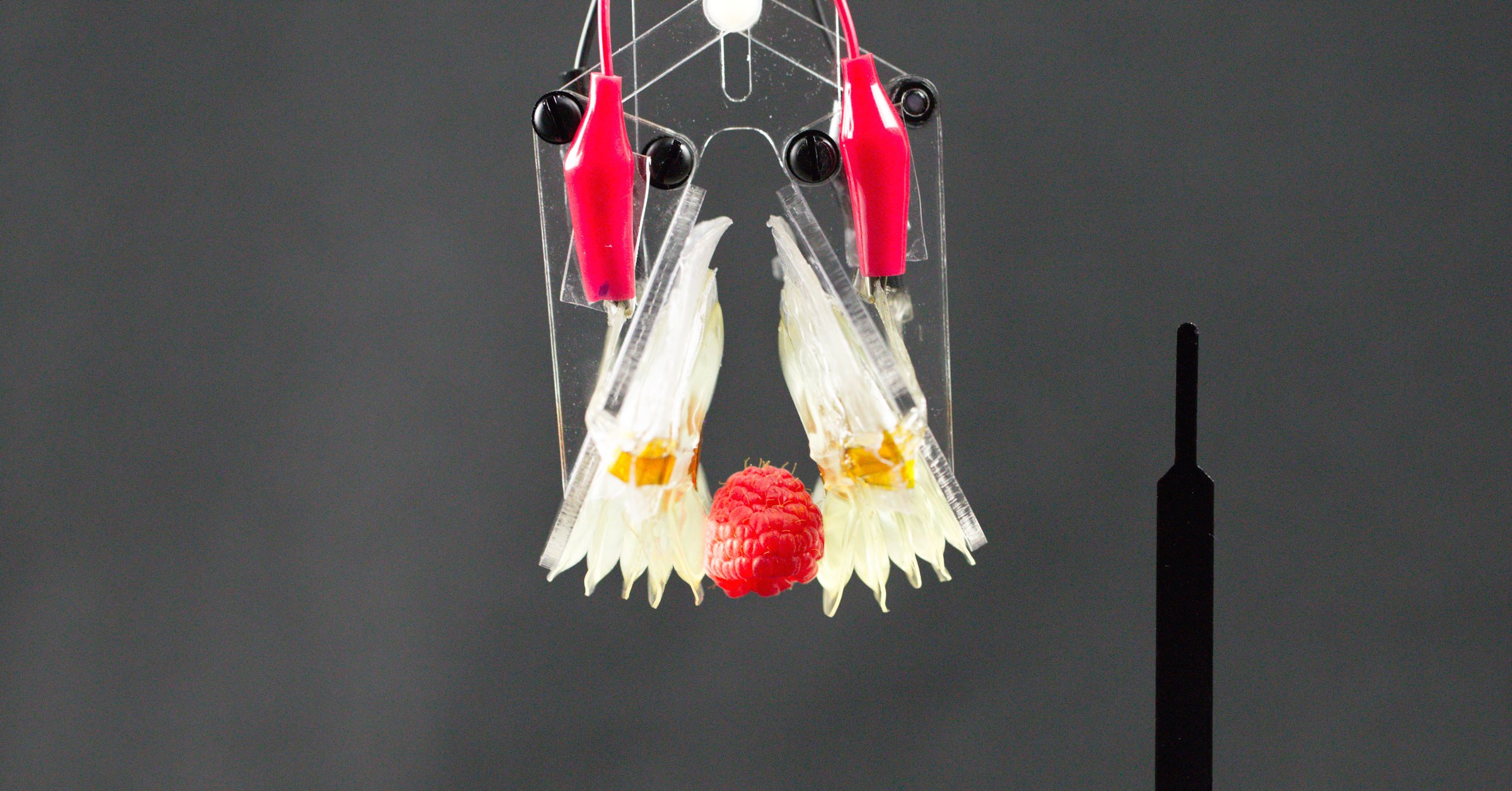
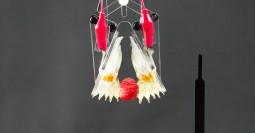
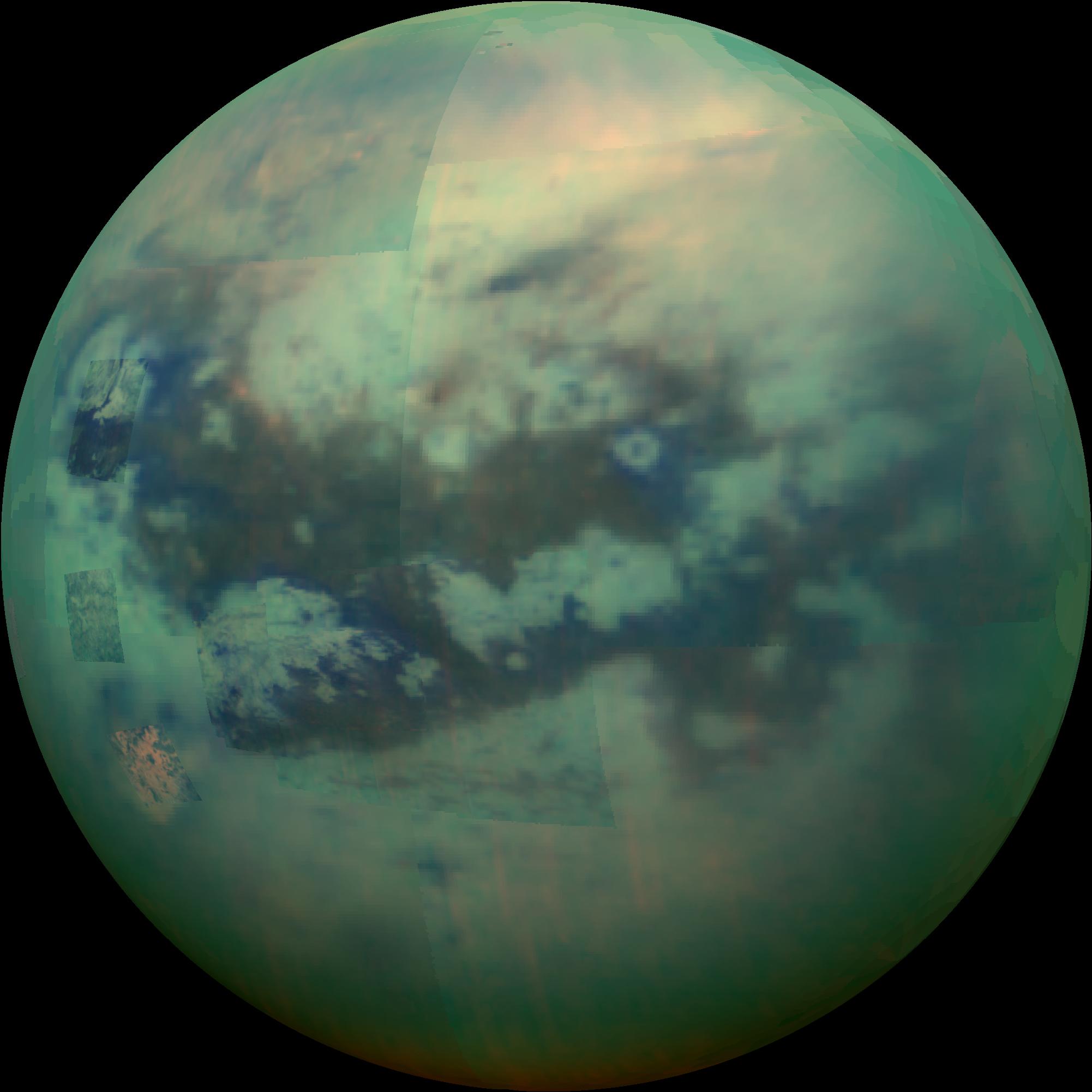
 Feature: Titan (starts at 8:55)
Feature: Titan (starts at 8:55) 
 Climate Change (starts at 6:30)
Climate Change (starts at 6:30) 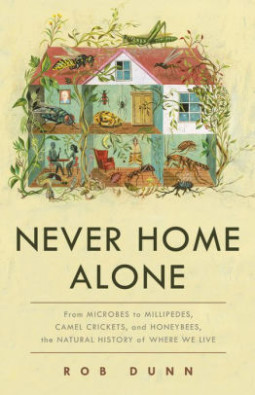
 Never Home Alone (starts at 4:26) In this week’s How on Earth, Beth interviews Professor Rob Dunn. In his recent book, Never Home Alone, he gives a sneak peak into the natural history of the wilderness in our homes, from the microbes in our showers to the crickets in our basements. You can find out more about
Never Home Alone (starts at 4:26) In this week’s How on Earth, Beth interviews Professor Rob Dunn. In his recent book, Never Home Alone, he gives a sneak peak into the natural history of the wilderness in our homes, from the microbes in our showers to the crickets in our basements. You can find out more about 

